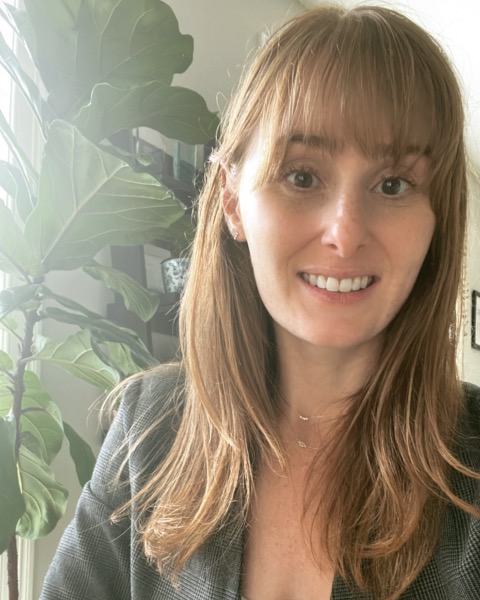Emergency Medicine
Session: Emergency Medicine 1 Works in Progress
WIP 104 - Feasibility of Fast Brain MRI Compared to Head CT for Screening of Abusive Head Trauma in Infants Under 12 Months Presenting to the Emergency Department
Friday, May 3, 2024
5:15 PM - 7:15 PM ET
Poster Number: WIP 104
Publication Number: WIP 104.768
Publication Number: WIP 104.768

Kathryn Schissler, DO
Attending
Hasbro Children's Hospital, Brown University
Providence, Rhode Island, United States
WIP Presenting Author(s)
Background: Children younger than 12 months are the most frequently affected age group for abusive head trauma (AHT). Published recommendations for screening assist with evaluating these infants because they can have significant intracranial injury without overt signs or symptoms. A consensus statement supported by 9 societies recommends non-contrast head CT (hCT) as the initial imaging to evaluate for AHT. There have been recent studies examining the utility of fast brain MRI (fMRI) to replace hCT to reduce ionizing radiation exposure. There is varied interrater reliability for provider interpretation of the two imaging modalities, and more barriers in obtaining a fMRI, including scanner availability and patient movement.
Objective: To 1) determine the feasibility of a fMRI protocol for high-quality images without sedation and 2) evaluate reliability of fMRI vs hCT interpretation by two pediatric neurosurgeons and a neuroradiologist in infants younger than 12 months being evaluated for AHT in the emergency department (ED) of a tertiary care, level 1 pediatric trauma center.
Design/Methods: This study is IRB approved. It is a prospective study from Nov 2021 to Nov 2023. Stable patients younger than 12 months who received a hCT as part of an AHT workup in the ED were eligible. A specific, < 6 minute fMRI protocol was created and consensus reached by two neurosurgeons, a neuroradiologist, and trauma surgeon on “insignificant” (control) and “significant” (case) hCT findings. A fMRI was then obtained < 10 hours from hCT completion. MRI technicians received training on techniques to limit patient movement and completed a post-fMRI form to report challenges. To date, 11 patients are enrolled (4 cases, 7 controls), median age is 5 months 12 days, the average time spent obtaining fMRI was 14 minutes, and 91% had images of diagnostic quality per MRI technician. Next steps include a blind-review of fMRI images by two neurosurgeons and a neuroradiologist to determine intra- and interrater reliability when compared to hCT and will be completed by Feb 2024.
